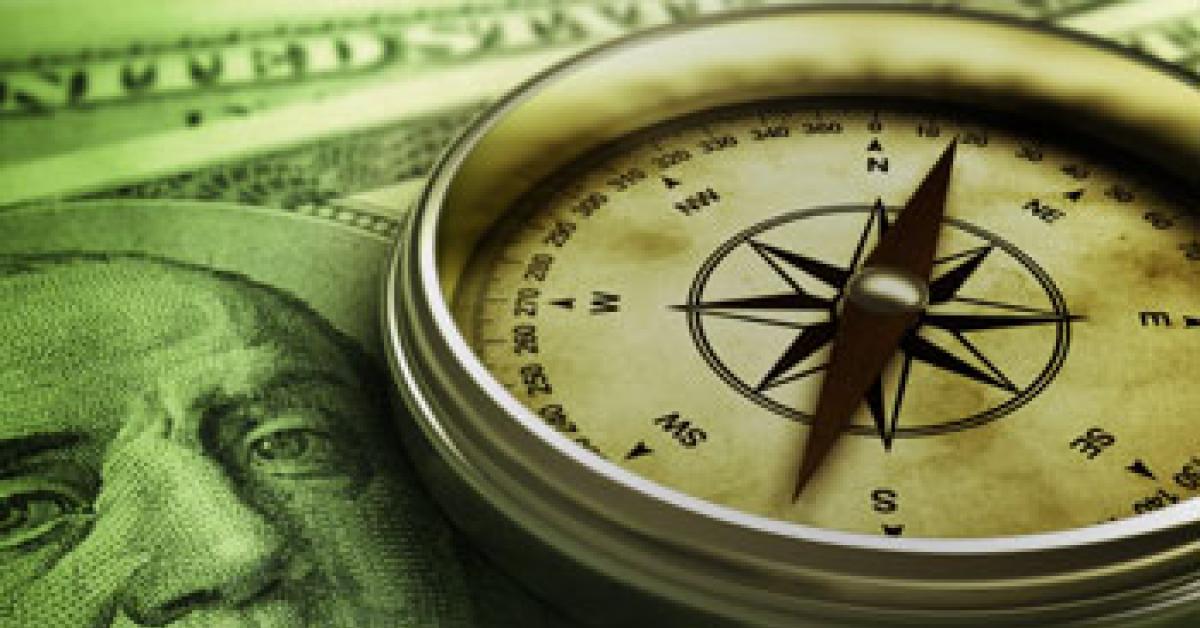CHICAGO — In days gone by, managing your personal financial affairs was far simpler than looking after your business finances. Not so much these days. The world of personal finance has become so complex that failing to keep up can put a big dent in your financial health, regardless of your business success.
Here are eight money mistakes to avoid making:
KEEPING MONEY IN A BANK SAVINGS ACCOUNT
Today’s abysmal interest rates on investment vehicles begin at nearly zero, and one of the lowest rungs on that ladder is the bank savings account. That’s why you should never put a penny of your money in one. If you do, the paltry interest rate you’ll get, even in better times, will be below the inflation rate. That means you’ll be losing money.
Instead, put whatever cash you need to keep available into a bank money market account where you’ll get a bit better interest; many have free check-writing privileges.
And don’t overlook online banks for your cash investments. Most carry the same FDIC insurance as brick-and-mortar banks. For example, Synchrony Bank (www.myoptimizerplus.com) offers a savings account with a whopping (by today’s standards) interest rate of 0.95%.
FAILING TO TAKE ADVANTAGE OF ONLINE MONEY TRANSFERS
If there is a place that will pay you less interest than a bank savings account, it’s your checking account, the lowest rung on the investment ladder.
That’s another reason to open a bank money market account (or a high-interest savings account) linked to your checking account. From then on, never make a deposit directly into your checking account. Instead, make all deposits into the higher-interest account. Then transfer money into the checking account online only as needed to cover the checks you write.
Online transfers are easy and safe. Your bank will explain how to set up the procedure.
THINKING YOUR BANK WILL GIVE YOU THE BEST AVAILABLE RATE ON AUTOMATIC CD ROLLOVERS
It almost surely won’t. Always call or visit the bank and ask to review all current interest rates for CDs, including any promotional rates that might be available. Banks often run special promotions offering interest rates higher than their regular rates. You can be certain that an automatic renewal won’t get that rate unless you ask.
BEING IN A HURRY TO PAY YOUR BILLS
There’s a good reason why checks are slow to come in from people who owe you money. It’s because hanging onto cash as long as possible keeps that money available to draw interest.
That’s why it’s important for you to set up a system to pay your bills just before they come due.
Don’t jeopardize your credit standing by paying bills late. Pay your bills just before they’re due. It’s especially important to avoid late payment on credit card bills because of the oppressive penalties that most card issuers have put into place in recent years.
FAILING TO SHOP AROUND FOR A BETTER INTEREST RATE
Whether you’re paying interest or receiving interest, it’s important to shop around. Bank deregulation has produced a competitive environment with wildly differing interest rates and bank charges. If you can find a better deal than your current bank is offering, take it. Don’t stick with a bank that isn’t competitive.
OVERDRAWING YOUR CHECKING ACCOUNT
These days, many banks are making customers pay big penalties for small errors.
Let’s say you have $300 in your checking account and you write three checks: the first for $20, the second for $30 and the third for $290. Some banks process checks not in the order received but in order of size. In that case, the $290 check would be processed first, meaning all three checks, not just one, would bounce. You’d be hit with three “bad check” charges for as much as $105. (Some banks are charging $35 for each overdrawn check.)
FAILING TO USING YOUR COMPUTER TO HELP MANAGE CASH FLOW
Trust every aspect of your finances, including personal investments, to your computer. The financial reports and analyses that off-the-shelf programs such as Quicken® or Money® can produce at the touch of a button can be vitally important tools for helping you to gain maximum advantage in your personal finances. These programs are infinitely easier to use today than they were as recently as a few years ago.
STICKING WITH THE WRONG BANK
You’ve probably been a victim of “merger mania” at least once. That’s when you wake up one day to find out that the bank you’ve been doing business with is no longer around. It has merged with a strange new bank that promptly laid claim to your accounts.
Will this new bank, larger than the gross national product of some countries, treat you better? Will it exercise economies of scale in order to bring you better services?
Forget it. Many of the huge mega banks resulting from merger mania are raising inefficiency and customer alienation to new heights.
Fortunately, solving this problem is relatively painless. Just search out the smallest FDIC member bank in your neighborhood and give it your business. You’ll receive more personal attention from a small bank than you ever will at a financial behemoth and you’ll have exactly the same insurance protection.
Even at a small bank, you should follow the principles outlined here, but you’ll be doing it in a friendlier atmosphere. Fewer banking frustrations will leave you better prepared to enjoy your stroll down the path to greater riches.
Information in this article is provided for educational and reference purposes only. It is not intended to provide specific advice or individual recommendations. Consult an accountant or tax adviser for advice regarding your particular situation.
Have a question or comment? E-mail our editor Dave Davis at [email protected].

